Dashnor Kaloçi
Memorie.al/During the whole period of the communist regime of Enver Hoxha, the right to participate in the elections was not denied even to those citizens who were interned, or as they were otherwise labeled as “declassed”! But why did this happen when they were deprived of many more basic rights than that of voting and how were they treated during the election campaign for the elections to the People’s Assembly of Albania, as well as on Election Day? In this regard, Tefik Çelo, one of those former declassed who spent his life in exile with his family from 1956 to 1990, testified:
“Our right to vote was also sanctioned by the Constitution. We declassed people were allowed to vote so that we would never know the true number of who we were. For the 34 years that I was in exile, only one I remember was deprived of the right to vote. When the election campaign started, the candidate for deputy came to our village and asked us what worries and problems we had. The biggest request we could make was to fix the taps. It was not a question of asking for anything else, after Brenda burst, accusing you of agitation and propaganda.
On election day, at 6.00 am, the polling station opened and at 7.00 am, they came to our house and told us: ‘Come and vote because the others passed us by’. There have been few instances where various persons did not want to vote or roamed those of the Front. I remember the case of a suffering villager, Kici Thundaraku, who had served 20 years in political prison, accused of “sheltering criminals”. He lived alone in a hut with 5-6 elders and had made many requests for better living conditions.
Since they did not meet him, he said that he would not vote and on election day, he would go to his girlfriend in Rrogozhina. So did the fakir and it became a big problem, as 100% turnout did not turn out. He was ordered from Tirana to be found at all costs and with the only truck of the Farm, they went to Rrogozhina and brought him there. Kic’s vote was expected, as 7 other sectors of the Farm had voted 100%, but he refused. Finally, the Chairman of the Executive Committee of the Farm (which had 12 thousand inhabitants), Zenel Guçja, begged him, saying that: they would meet his conditions and he voted.
Another case was in Savër, where a former exiled army captain refused to vote. He said: I am within the law, the voting closes at 18.00, I will vote at 5:30, or at 6 without 5, as I see it. They went to the Front from behind and prayed to him but he refused. Sorollaste told them that: he would go to Lushnje to drink coffee, or to hunt frogs in the canal and they were not separated. After a good time, the former captain named Fiqri, voted there from 14.00.
They did not say anything to him in those days, but later they found a reason and sentenced him to 6 months in prison. In 1976, in Këmishtaj, several votes were cast against and “burst” within two people, who publicly stated that they did not like the candidates they had been nominated for. It was not easy to vote against, even though you did not like those who were appointed. For the only candidate we voted for happily, it was Themie Thomai who later became Minister of Agriculture. She was a good brigadier and very hardworking. “Themia also enjoyed our respect and we gladly gave her votes.” Memorie.al






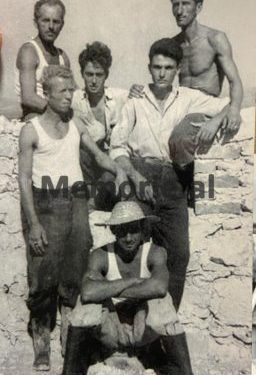
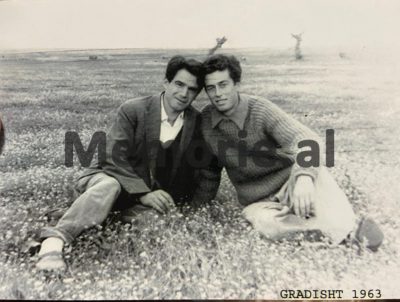
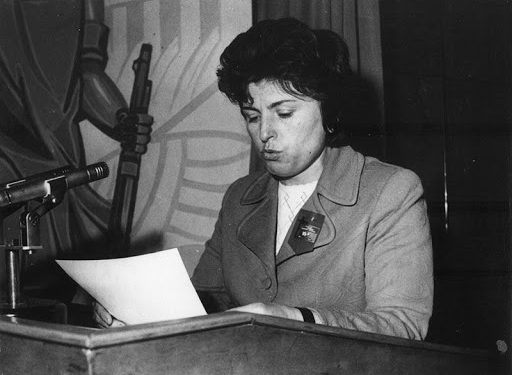
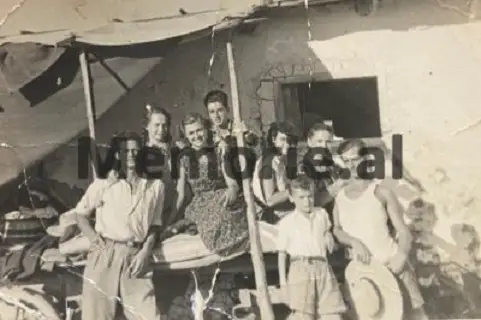
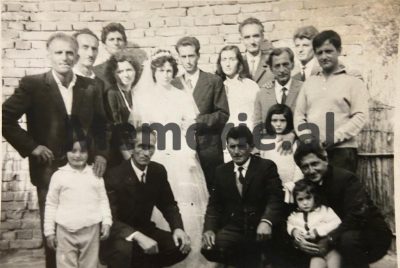
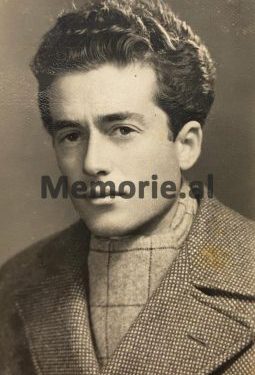
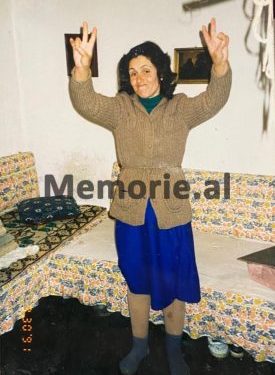


![“The ensemble, led by saxophonist M. Murthi, violinist M. Tare, [with] S. Reka on accordion and piano, [and] saxophonist S. Selmani, were…”/ The unknown history of the “Dajti” orchestra during the communist regime.](https://memorie.al/wp-content/uploads/2026/02/admin-ajax-3-350x250.jpg)
![“In an attempt to rescue one another, 10 workers were poisoned, but besides the brigadier, [another] 6 also died…”/ The secret document of June 11, 1979, is revealed, regarding the deaths of 6 employees at the Metallurgy Plant.](https://memorie.al/wp-content/uploads/2026/02/maxresdefault-350x250.jpg)


